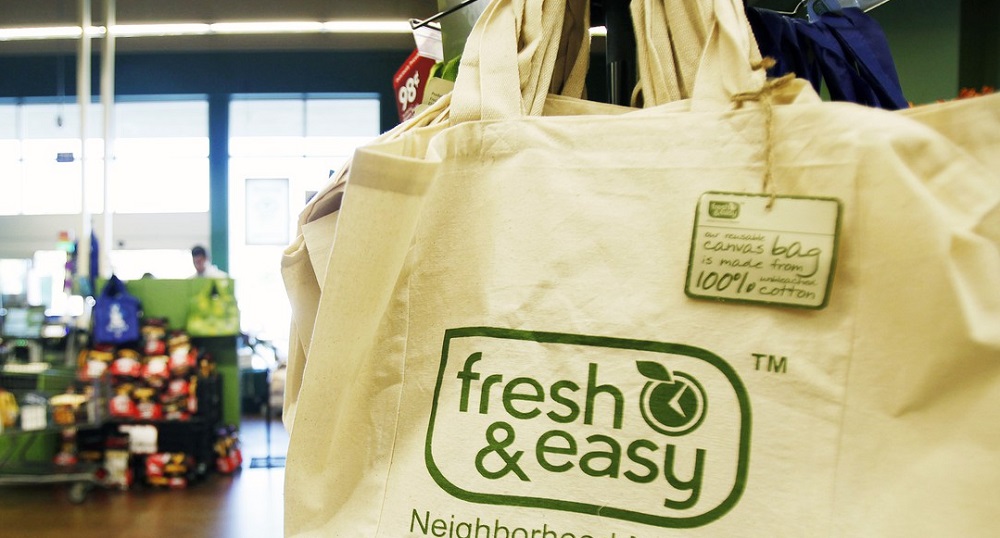It’s common knowledge that reusable bags which you can use many times over are great for the environment. That’s because they replace single us plastic bags and cut down on the amount, you’re using each time you shop. Some examples include ‘bags for life’, printed cotton bags, and robust materials.
The Problem of Single-Use Plastic Bags
There are many global and local problems associated with the use of single-use plastic bags. These include environmental damage, climate change, and pollution caused by manufacturers. Discarded bags and plastic fragments from those degrading also cause damage to wildlife and habitats. Plus, there’s damage to human health caused by the ingestion of chemical compounds found in plastic bags.
There are many reasons why we shouldn’t be using single-use plastic bags given the many ways reusable bags help the environment.
8 Ways Reusable Shopping Bags Help the Environment

It’s very clear that reusable and less damaging shopping bags are the way forward to improve our individual impact on the environment. To reaffirm this, here are the main ways in which reusable shopping bags help the environment.
Protect wildlife – This is obvious since every single-use plastic bag (disposables) which ends up in the ocean or countryside is a danger to wildlife species of those habitats. According to statistics, using reusable bags instead could save the lives of more than a million seabirds and 100,000 marine animals every year.
Cleanliness – single-use plastic bags are extremely lightweight, so the wind can easily blow them out of bins, landfills, and refuse trucks. Replacing them with reusable bags means we will use less, and our surroundings will gradually become cleaner and far safer for wildlife.
Reduce Our Individual Contributions to Climate Change – supply and demand are key. The fewer single-use plastic bags that are used (demanded), the less will be supplied. The cut down on manufacturing will in turn cut carbon dioxide emissions. Sometimes it feels like we are unable to do anything to fix such a huge global problem, but every little helps. Small ripples make big waves as they say.
Improve Recycling Rates – Most single-use plastics are not recyclable, unfortunately. In comparison, many reusable bags are so they can be turned into something useful at the end of their lifespan instead of going to landfills.
Save Taxes – There is a lot of costs incurred for cleaning up plastic litter and sending waste to landfill. If we use fewer single-use plastic, we can free up funds to be used on other more socially useful initiatives such as healthcare or education.
Less Oil is Used – Did you know that plastic bags are made from oil? Choosing not to use them means finite fossil fuels can be left in the ground. Consequently, this reduces carbon emissions but means the valuable, non-renewable resource will last longer.
Better Drainage – Plastic bag litter has clogged drains, leading to major floods. Using fewer single-use plastic bags in the environment means less flooding, less water-borne disease, and better sustainability for vulnerable communities.
Support sustainable jobs and economic growth – buying reusable bags made from sustainable materials such as cotton, bamboo, or jute can help farmers and textile workers to support themselves and their families. In low developed countries, demand for reusable bags can offer a valuable new revenue stream.